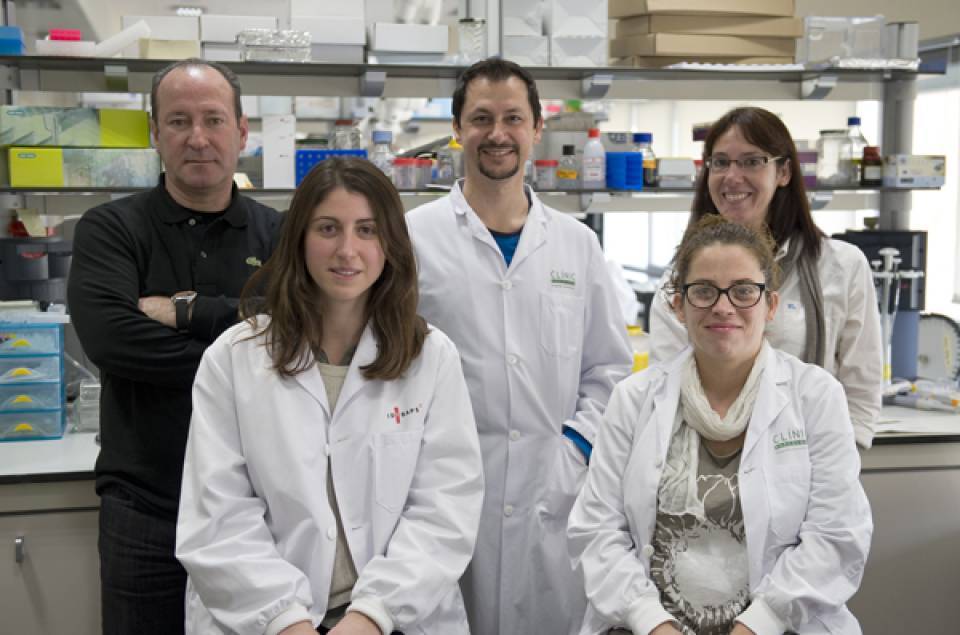Paracetamol is a widely used pain reliever. Several studies have shown that this drug can induce liver damage at high doses through multiple mechanisms, including a deficiency in the removal of the hepatocytes’ damaged mitochondria, in a process called mitophagy. Lysosomes, a crucial compartment responsible for degradation of cellular fragments, play a key role in mitophagy, although their contribution in the hepatotoxicity caused by the acetaminophen remains unknown.
In the article published in Scientific Reports researchers have used genetic and pharmacological models that cause lysosomal accumulation of cholesterol to examine the effect on acetaminophen hepatotoxicity. The genetic model consists in mice that are deficient in the acid sphingomyelinase (ASMasa), an enzyme that plays a key role in lysosomal membrane turnover through the control of the cholesterol and sphingolipids levels. The deficiency in this enzyme causes the Niemann-Pick (type A) disease characterized by a buildup of cholesterol in lysosomes in several organs, including the liver. The pharmacological model is induced by the administration amitriptyline, a tricyclic antidepressant that inhibitsthis lysosomal enzyme.
Thus, by using knockout ASMasa mice and the pharmacological model in which this enzyme is inhibited, researchers have described an increased susceptibility to acetaminophen, not only at high doses but also with non-toxic doses. Authors indicate that in patients with lysosomal diseases or those who are treated with amitriptyline, a moderate use of acetaminophen should be advised to minimize its possible hepatotoxicity.
Article reference:
Lysosomal Cholesterol Accumulation Sensitizes To Acetaminophen Hepatotoxicity by Impairing Mitophagy
Anna Baulies, Vicent Ribas, Susana Núñez, Sandra Torres, Cristina Alarcón-Vila, Laura Martínez, Jo Suda, Maria D. Ybanez, Neil Kaplowitz, Carmen García-Ruiz & Jose C. Fernández-Checa
Scientific Reports 5, Article number: 18017 (2015). doi: 10.1038/srep18017

